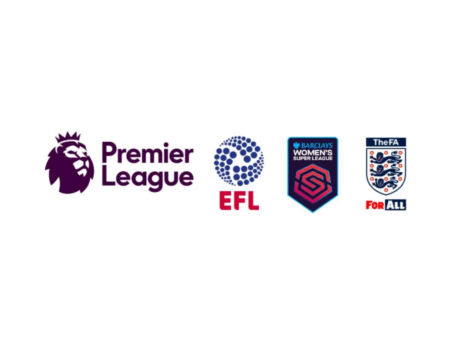The landscape of sports betting in the United States has experienced a profound transformation in recent years. The legalization of sports wagering in nearly 40 states has opened up new avenues for fans to engage with their favorite sports. However, alongside the opportunities presented by this expansion, there are also growing concerns regarding the potential negative consequences of excessive gambling and the integrity of sporting events.
The Call for Prop Bet Bans
The rise of proposition (prop) bets in sports betting has sparked significant controversy, particularly in collegiate games. These bets, which enable individuals to wager on specific outcomes within a game, have come under scrutiny due to reports of athletes facing abuse from disgruntled gamblers on social media platforms. Incidents of threats and harassment directed towards athletes after losing prop bets have underscored the need for regulatory intervention to protect both players and the integrity of the game.
Insights from the SBC Summit North America
The recent SBC Summit North America provided a platform for industry leaders to address critical issues surrounding sports betting, including the regulation of prop bets. Adam Greenblatt, CEO of BetMGM, and CNBC’s Contessa Brewer shed light on the challenges posed by prop betting, citing the case of Jontay Porter from the Toronto Raptors as an example. Porter’s involvement in a betting scandal resulting in his ban from the NBA highlights the potential risks associated with unchecked prop betting activities.
Addressing Concerns
While recognizing the need to address concerns related to excessive gambling and athlete integrity, industry stakeholders, including Greenblatt, have refrained from advocating for outright bans on prop bets. Instead, they emphasize the importance of collaborative efforts among regulators, lawmakers, and sports leagues to develop comprehensive frameworks that balance consumer protection with industry growth. Such frameworks should prioritize the safeguarding of sports integrity while ensuring responsible gambling practices.
The Role of the Legal Betting Sector
Legal betting operators play a pivotal role in promoting transparency and integrity within the sports betting industry. By operating within a regulated framework, these entities contribute to the generation of tax revenue, establish partnerships with sports organizations, and implement policies aimed at safeguarding athletes from potential harm. The legalization of sports betting provides an opportunity to channel gambling activities towards licensed operators, thereby mitigating the risks associated with unregulated markets.
Combatting the Illegal Sector
In addition to promoting legal betting activities, there is a pressing need to address the proliferation of illegal gambling operations. Efforts to combat the illegal sector should focus on disrupting illicit funding channels and enforcing stricter regulations on advertising by unauthorized operators. By limiting the accessibility of illegal gambling platforms, regulators can channel demand towards legal alternatives, thereby enhancing consumer protection and supporting responsible gambling practices.
FAQs About the Sports Betting Expansion in the United States
1. What are prop bets, and why are they controversial?
Proposition (prop) bets allow individuals to wager on specific outcomes within a game, such as the number of touchdowns scored or the performance of individual players. These bets have become controversial due to concerns about their potential impact on athlete integrity and the integrity of sporting events.
2. Why is collaborative action necessary to address concerns in the sports betting industry?
Collaborative action involving industry stakeholders, regulators, lawmakers, and sports leagues is essential to develop comprehensive frameworks that balance consumer protection with industry growth. By working together, these entities can address emerging challenges and ensure the integrity of sports betting activities.
3. What role do legal betting operators play in the sports betting ecosystem?
Legal betting operators play a crucial role in promoting transparency and integrity within the sports betting industry. They contribute to tax revenue generation, establish partnerships with sports organizations, and implement policies to protect athletes and consumers.
4. How can the proliferation of illegal gambling be addressed effectively?
Efforts to combat illegal gambling should focus on disrupting illicit funding channels and enforcing stricter regulations on advertising by unauthorized operators. By limiting the accessibility of illegal platforms, regulators can channel demand towards legal alternatives.
5. What are the potential risks associated with unchecked prop betting activities?
Unchecked prop betting activities pose risks to both athletes and the integrity of sporting events. These risks include increased pressure on players, threats of abuse and harassment, and the potential for match-fixing and other forms of corruption.
6. How can consumers ensure they are engaging in responsible gambling practices?
Consumers can ensure they are engaging in responsible gambling practices by setting limits on their betting activities, seeking help if they experience problems with gambling, and only wagering with licensed and regulated operators.


















